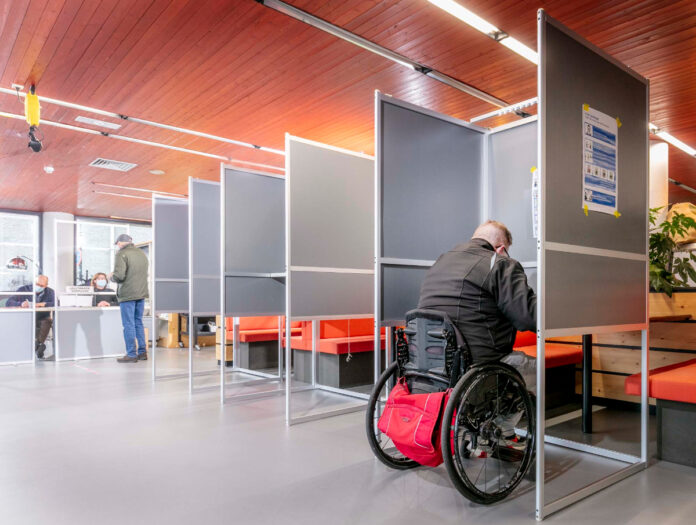Surveys conducted by third-party sources and research conducted by Eindhoven News reveal a trend. Housing, bilingualism, local challenges in education and climate change mitigation seem to be the tipping factor.
Housing crisis
Voters feel that all parties want to ease out the housing crisis, so this does not give a compelling differentiating factor; however, the unique stand of VVD in addressing the housing problem swings both ways. But we must remember that those internationals who are eligible to vote in this election are most likely not the ones who face the vexation of the housing crisis.
Bilingualism
The liberals (VVD) keep the cake and eat it too in this front. Bilingualism is an attractive proposition for many international residents. Their keen eye for economic development and internationalisation makes them favourites with the international residents in this regard. The “liaison desk” proposal of the left parties (PvdA, GroenLinks), CDA and Volt is also a notable characteristic.
Local challenges in education
The rich school day program of D66 seems to make an impact on this front. While the GroenLinks has also consolidated some gains here. However, the PvdA and VVD are also not lagging in this aspect.
Climate change mitigation
The GroenLinks and D66 are seen as the parties pioneering the cause of sustainability. The survey responses indicate a keen eye from the international residents on maintaining green spaces, especially in the neighbourhoods. De Hurk pollution issue found a specific mention in a couple of responses. On that ground, PvdD has also stirred interest.
Compiling an opinion based on Kantar Public poll, ICAP surveys, and Eindhoven News research is a tall ask. However, the strongest party in Eindhoven could be the liberals (VVD) again, followed by the progressives (D66) and the sustainable GroenLinks. The PvdA, at the same time, doesn’t seem to fare any lower closing in ranks or faring equally to GroenLinks. The CDA slides a bit but has a strong presence among certain nationalities. Volt has created some interest. So, it could win its first seat in the city council.
Interestingly, these six parties exploit the gains from the international community. In general, the preference is for parties with a national presence over local parties, maybe because it’s simply too much information for international residents to comprehend. However, the reality of coalition dynamics is a demonstrated fact from past experiences. Thus the general preference sways with a left-leaning, liberal and progressive coalition.
Source: Kantar Public, International Community Advisory Platform.
For Eindhoven News: Beena Arunraj











